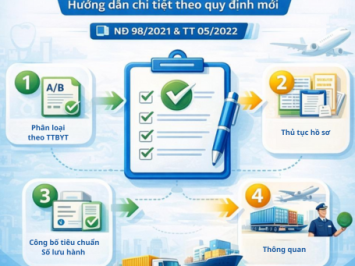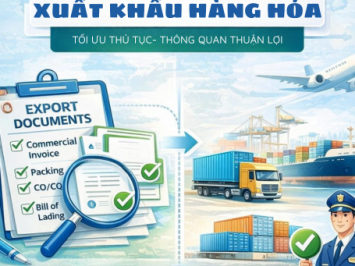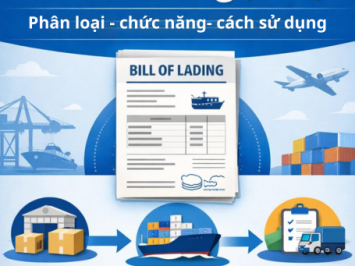The IMF's Asia-Pacific regional director said retaliatory tariffs threaten to disrupt growth prospects across the region, making supply chains longer and less efficient.
The International Monetary Fund (IMF) warned on November 19 that retaliatory measures with tariffs could negatively affect Asia's economic outlook, increasing costs and disrupting supply chains, even as the region is still predicted to be the main growth engine of the global economy.
Speaking at a forum on systemic risk in Cebu, Philippines, the IMF's Asia-Pacific Regional Director, Krishna Srinivasan, said retaliatory tariffs threaten to disrupt growth prospects across the region, making supply chains longer and less efficient.
These comments were made in the context of many concerns about US President-elect Donald Trump's plan to impose tariffs of 60% on Chinese goods and at least 10% on all other imports.
Tariffs could hamper global trade, stifle growth in exporting countries and potentially increase inflation in the US, forcing the US Federal Reserve (Fed) to tighten monetary policy despite the gloomy global growth outlook.
In October, the European Union (EU) also decided to increase tariffs on electric vehicles made in China by up to 45.3%, leading to a retaliatory reaction from China.
The IMF's latest World Economic Outlook report forecasts global economic growth at 3.2% for both 2024 and 2025, lower than the forecast for the Asian region, at 4.6% this year and 4.4% next year.
Srinivasan said Asia is "witnessing an important transition period", creating greater uncertainty, including the "serious risk" of escalating tensions between major trading partners.
He added that uncertainty around monetary policy in advanced economies and market expectations in this regard could affect monetary decisions in Asia, which in turn affects global capital flows, exchange rates and other financial markets./.





















